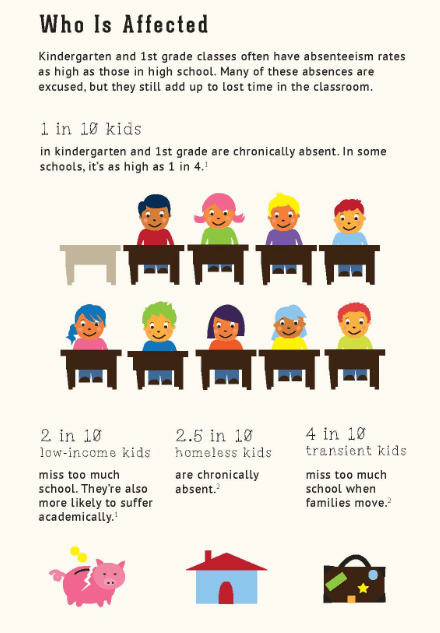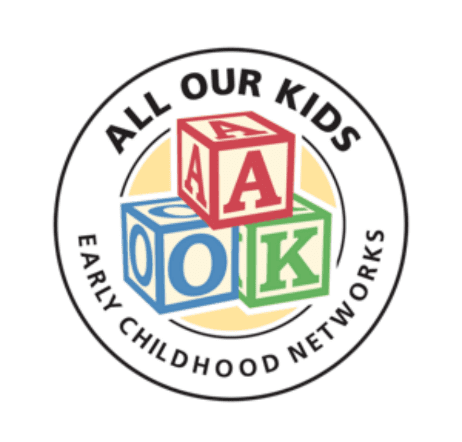“There’s really no such thing as the ‘voiceless’. There are only the deliberately silenced, or the preferably unheard.”
– Arundhati Roy
Community Systems Statewide Supports (CS3)
The CS3 Team is thrilled to announce the launch of a new foundational support, On-Demand Consultation.
On-Demand Consultation is free and available to all Illinois communities that have a specific, short-term, technical assistance need. If you are interested in receiving consultation, complete the form here. The webpage also includes an FAQ that will help you determine whether On-Demand Consultation is right for your community. Feel free to share with others this new foundational support!
Now is also the time to sign up for the new online community, WeConnect! It is a great opportunity to stay connected with other early childhood systems-thinkers across the state and share questions, strategies, and resources.
Collaboration Highlight
Community Systems Change in Wabash/Edwards Counties Yields Real Results
No one likes going to the dentist, but what if you couldn’t access one—and you were in pain? What if most people in your community—regardless of income or education—didn’t know that good oral health is a key factor to lifelong overall health? What if the number of children that needed emergency dental care skyrocketed so much that the local nonprofit organization dedicated to helping them access emergency dental care was facing financial crisis?
That was the situation facing the Wabash/Edwards Counties All Our Kids Network after they completed their needs assessment in 2017. These counties, located in far southern Illinois, have a total population of 18,000 people (6 percent of residents are under age five). Farming, coal mining, and manufacturing comprise their economic base. Established in 2000, the AOK Wabash/Edwards Counties membership includes local service providers, early learning programs, the local hospital, law enforcement, the public transportation agency, and more.
In 2017, after completing a five-year strategic plan, this AOK Network selected oral health as the top issue to address in their community. Their work to address the issue intensified when the local emergency dental program for children, Wednesday’s Child, found itself unsure of program sustainability. Working together, AOK Network assessed the issue of lack of access to dental services, both preventative and non-preventative.
- The percentage of low-income families in both counties had increased dramatically. Now, 39 percent of children in Edwards County and 47 percent of children in Wabash County were eligible for all services, including dental services, under that state’s Medicaid program. School district data also showed high percentages of children qualifying for free and reduced lunch.
- Edwards County has no dental providers. While Wabash has two dental practices, neither accepted Medicaid. Families regularly drove 45 miles or farther to see a dental provider who accepted Medicaid.
- Dental Safari, a mobile dental provider, did accept Medicaid-qualified patients, and served some Edwards County children, but not Wabash County children.
- Wednesday’s Child served Wabash County children but was experiencing financial and program sustainability challenges. Without additional funding, or other treatment options, they would not be able to continue to serve the children of Wabash County.
By looking comprehensively at the situation from a community systems perspective (not program-by-program), the AOK Network partnered with Wednesday’s Child to identify critical changes that would be needed to give more children who needed preventative and emergency services access. For instance, with the support of the Wabash County District #348 and local Head Start programs, the Dental Safari mobile van will be expanding services to Wabash County to provide local children with needed dental services at least once per year. The mobile van, if demand and interest rises, may increase visits to include a 6-month follow-up visits for children.
In addition to Dental Safari expanding services to Wabash County, the dentists in Wabash County agreed to deepen their partnership with Wednesday’s Child by offering supports and services for children at little- to no-cost to the program. This partnership would increase Wednesday’s Child’s capacity to serve children in Wabash County that need emergent care. Wednesday’s Child and the Wabash/Edwards Counties AOK Network are hopeful that the partnerships and service coordination strategies will significantly improve oral health conditions and support the emergent dental needs of children in their community over time and across generations.
Likewise, the AOK Network is looking to address additional root causes of poor oral health outcomes. They plan to work with a variety of community stakeholders to create common messaging regarding best practices for preventative dental care, focusing on dental care for babies and toddlers, to ensure families receive correct and consistent information about how to best support their children’s oral health.
For more information, please contact Mariah Barber, AOK Network Coordinator at mbarber@wabashhealth.org.
If you would like to have your collaboration’s work highlighted, please email Partnerplanact@actforchildren.org.
Resources
Attendance Works

Chronic absenteeism is often an indication that something is happening in the family and they could benefit from additional support.
For instance, children experiencing homelessness are more likely to miss school and need more support to get to school consistently. It is not enough to enroll children in programs—there must be ongoing support to foster the child’s sustained attendance. Chronic absenteeism differs from truancy because it includes all days missed (both excused and unexcused) and focuses on a positive, community-based approach.
The website, www.attendanceworks.org, shares resources for families, school staff, and advocates. It also provides research that demonstrates the importance of intervening in chronic absenteeism early.
Below are some interesting facts and resources from the website:
- Addressing chronic absenteeism requires a systems-lens approach. Attendance Works outlines how there are five key ingredients to systemic change: 1) Positive Engagement, 2) Actionable Data, 3) Capacity-Building, 4) Shared Accountability, and 5) Strategic Partnerships.
- Young children do not bring themselves to school. Developing a support plan with families of young children is essential in helping them feel supported and getting children back into regular school habits.
- The website is full of helpful messaging to build public awareness around this issue. This chronic absenteeism infographic shows who is most affected and how they are affected.
- Some schools and programs do not have the systems in place to measure chronic absenteeism. Attendance Works developed tools to calculate the chronic absenteeism rate.
The Attendance Works website is full of helpful resources. We encourage you to take some time to explore its many resources and consider ways to bring this information back to your community.
Upcoming Trainings and Events
On October 22, 2019, join The Ounce of Prevention Fund’s Illinois Policy Team—in partnership with Illinois Action for Children’s Community System Statewide Supports team, the Illinois State Board of Education, and the Governor’s Office of Early Childhood—for an informative webinar on priority populations, as defined by the Illinois Early Learning Council, with suggested data sources. The webinar will walk through an example from forming a data question to finding data sources and creating partnerships with community partners to better address the needs of priority populations.
Join us! REGISTER HERE
KIDS Data: A Guide for Community Collaborations Webinar
On October 9, 2019, The Community Systems Statewide Supports team at Illinois Action for Children will host its second KIDS Data: A Guide for Community Collaborations webinar. The webinar will examine the second-year of the Kindergarten Individual Development Survey (KIDS) data and discuss what the results might indicate for your community.
IAFCs Community Impact Data Analyst, Vanessa Lee, will present on how collaborations can access and analyze the data. The presentation will also include insights from Amber Peters, Collaboration Director for Elgin Partnership for Early Learning and Pat Chamberlain, Board Chair, as they share how they have used this data to further their collaboration’s work. In addition, Terri Lamb from the Illinois State Board of Education will join us for the webinar and a Q&A.
Join us! REGISTER HERE
Partner Plan Act Annual Conference
Save the date! The 2020 Partner Plan Act Annual Conference will take place in Bloomington, Illinois on June 11 and 12, 2020. Yes, you read that correctly! We heard your feedback from last year’s conference, and we will extend this year’s conference into a second day to allow for even more networking and shared learning for collaborations.
